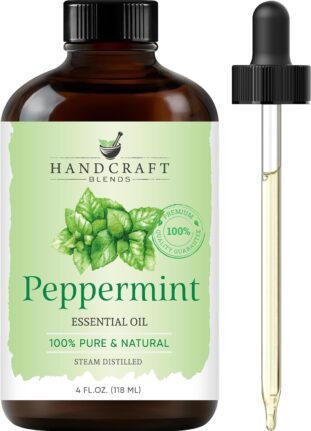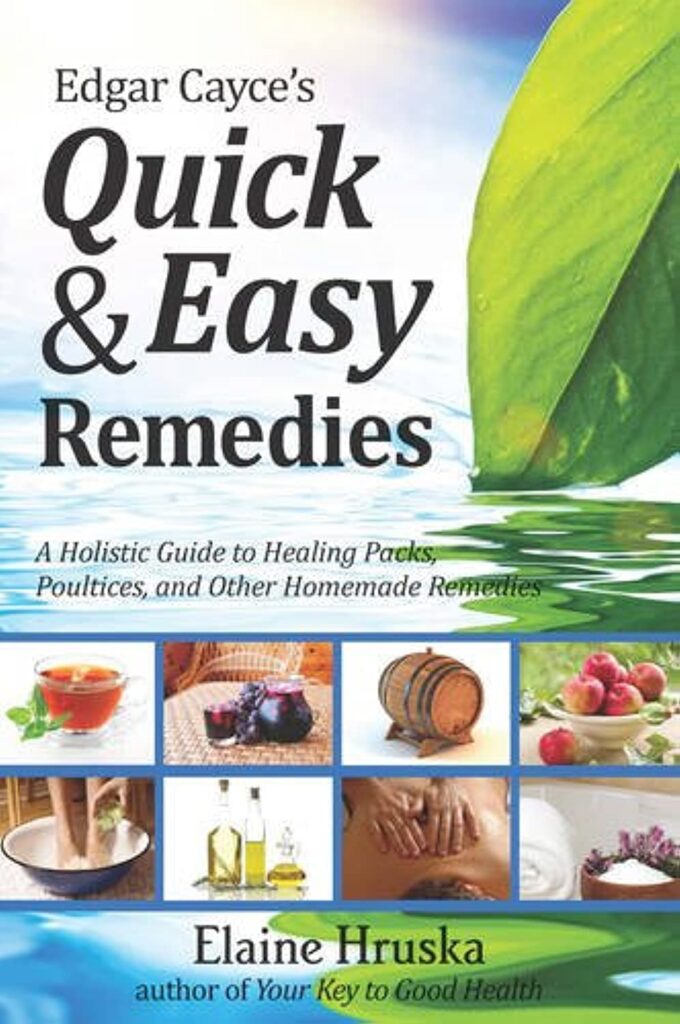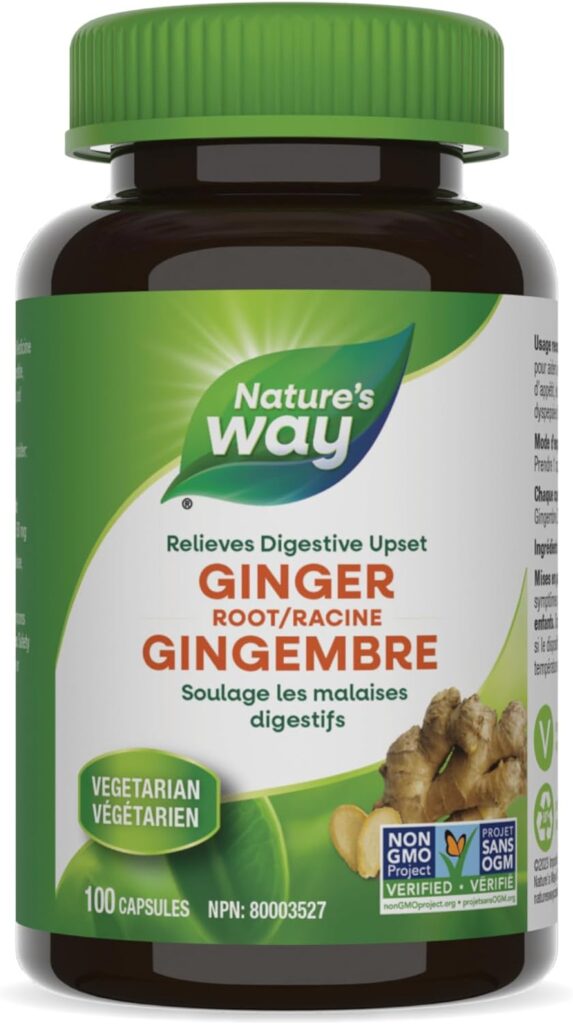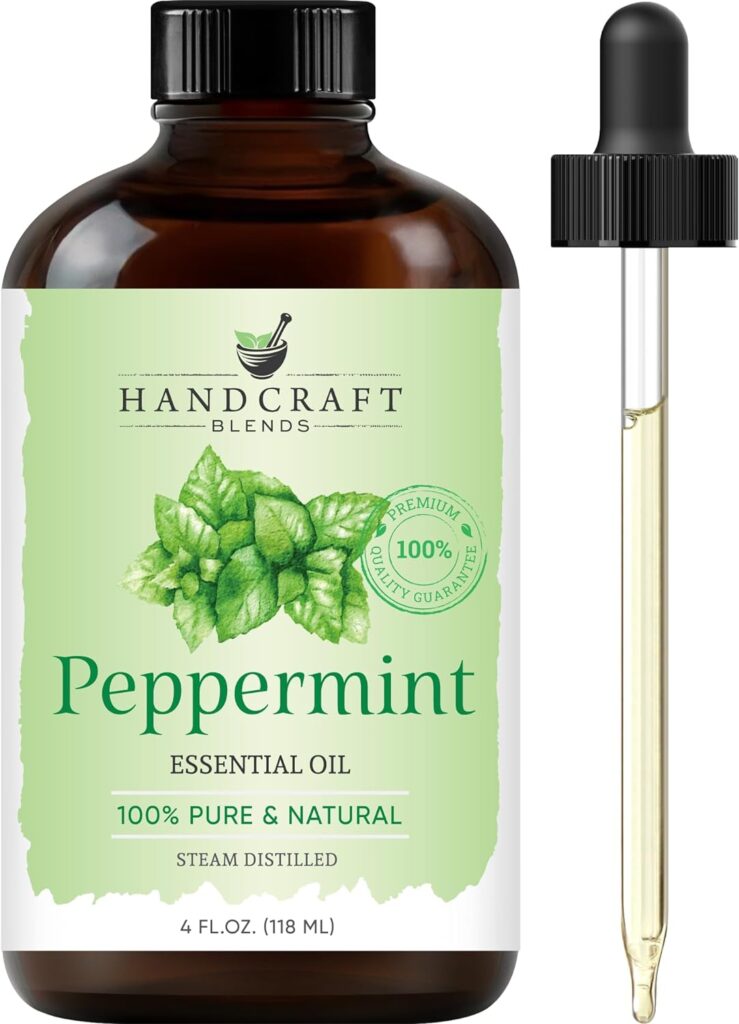Many in search of home remedies for vertigo relief do so because vertigo can be a distressing condition characterized by a sensation of spinning or dizziness.
Most start by searching for how to treat vertigo at home, how to stop vertigo quickly, or even how to stop vertigo instantly. While severe cases may require medical intervention, there are some home remedies that may help alleviate symptoms or provide relief.
Note that these remedies are not a substitute for professional medical advice, especially if you are experiencing severe or persistent symptoms. Always consult with a healthcare provider for proper diagnosis and treatment.
This article reviews 5 categories of practical home remedies (a total of 16) that people sometimes find helpful for managing vertigo. These home remedies may not work for everyone, and some may be more effective in certain individuals than others. Try out various options and select the one that works best for you.
Practical home remedies for vertigo relief often involve simple lifestyle changes such as hydration, staying active, avoiding triggers, dietary adjustments, and herbal remedies. Here are some natural approaches to consider:
1. Home Remedy for Vertigo Treatment – Stay Hydrated
Dehydration can exacerbate vertigo symptoms. Drink plenty of water throughout the day to stay hydrated. This is possibly the easiest, practical home remedy you can adopt.
If you do not like drinking water, or simply forget to do so, explore other ways to hydrate: How to Stay Hydrated When You Hate Water – Is it Possible?, Why Is Water Important to Your Health? – Facts To Know
2. Four Herbal Remedies
Always consult with a healthcare professional before taking any herbal supplements, especially if you are taking medication or have underlying health conditions. They can provide personalized guidance and ensure that herbal supplements are safe and appropriate for you.
Note that while most herbal remedies may help alleviate symptoms of vertigo, they may not directly address the underlying causes.
Therefore, it is still necessary to explore comprehensive treatment options for managing vertigo, including lifestyle modifications, dietary changes, and other therapies, in conjunction with any natural remedy.
Several herbal remedies have been suggested to potentially provide relief for vertigo episodes. However, scientific evidence supporting the effectiveness of herbal remedies for vertigo may be limited, and individual responses can vary.
While valerian root may help alleviate symptoms of stress and anxiety, it may not directly address the underlying causes of vertigo. Therefore, it is necessary to explore comprehensive treatment options for managing vertigo.
This includes lifestyle modifications, dietary changes, and other therapies, in conjunction with valerian root or any other herbal remedy.
Some such as ginger root and peppermint leaves are more readily accessible than others, although all may be purchased from any good herbal store. In the absence of fresh forms, many fall back on these herbs in supplement form.
Learn how to treat vertigo at home with some herbal remedies that have been studied or suggested for vertigo relief:
GINGER
Ginger has long been used for its anti-nausea properties and may help alleviate symptoms associated with vertigo, such as nausea and dizziness. It can be consumed in various forms. Here are some ways to use ginger root to help alleviate vertigo symptoms:
Ginger Tea: Prepare ginger tea by slicing fresh ginger root and steeping it in hot water for about 10 minutes.
You can add honey or lemon to enhance the flavor if desired. Drink ginger tea when you experience vertigo symptoms, particularly if nausea is present.
Ginger Chews or Candies: Ginger chews or candies made with real ginger extract are convenient options for on-the-go relief from vertigo-related nausea. Simply suck on a ginger chew or candy as needed to help alleviate symptoms.
Ginger Supplements: Ginger supplements, available in capsules or tablets, provide a concentrated dose of ginger extract.
Follow the dosage instructions on the product label or consult with a healthcare professional for guidance on the appropriate dosage for your needs.
Ginger Ale: While commercial ginger ale may contain artificial flavorings and sweeteners, some natural or craft ginger ale varieties contain real ginger extract and may offer relief from vertigo symptoms.
Look for ginger ale made with real ginger or consider making your own ginger-infused sparkling water at home.
Ginger in Cooking: Incorporate fresh or ground ginger root into your cooking to add flavor and potentially benefit from its anti-nausea properties. Use ginger in soups, stir-fries, marinades, sauces, and salad dressings.
Ginger Supplements for Prevention: Some individuals may find it beneficial to take ginger supplements regularly as a preventive measure against vertigo symptoms, particularly if they experience frequent episodes. Again, consult with a healthcare professional for guidance on the appropriate dosage and usage.
Ginger and Ginkgo Biloba Combination: Some herbal supplements combine ginger and ginkgo biloba extracts, as both herbs have been suggested to have potential benefits for vertigo relief.
These combination supplements may offer synergistic effects and could be worth considering for some individuals looking for how to treat vertigo at home.
VALERIAN ROOT
Valerian root is an herb that has been traditionally used to promote relaxation and alleviate symptoms of anxiety and stress, which can sometimes contribute to vertigo.
While scientific evidence specifically supporting the use of valerian root for vertigo is limited, some individuals may find it helpful for managing associated symptoms such as anxiety or tension.
To use valerian root to help alleviate symptoms of vertigo, you can try the following:
Valerian Root Tea: Prepare valerian root tea by steeping 1 to 2 teaspoons of dried valerian root in a cup of hot water for 5 to 10 minutes.
Strain and drink the tea before bedtime or during periods of increased stress or anxiety. Start with a lower dose to assess your individual response and increase gradually if needed.
Valerian Root Supplements: Valerian root is also available in supplement form, including capsules, tablets, and liquid extracts.
Follow the dosage instructions on the product label or consult with a healthcare professional for guidance on the appropriate dosage for your needs.
Valerian Aromatherapy: Some people find relief from stress and anxiety by inhaling the aroma of valerian essential oil. You can diffuse valerian oil in an essential oil diffuser or add a few drops to a cotton ball and inhale the scent.
BUTTERBUR
Butterbur is a herb that has been used in traditional medicine for various health purposes, including migraine prevention and relief and management of respiratory conditions although scientific evidence specifically supporting the use of butterbur for vertigo is limited.
Here are some ways butterbur may be used to help alleviate symptoms or to stop vertigo instantly:
Butterbur Supplements: Butterbur supplements are available in various forms, including capsules, tablets, and liquid extracts. These supplements typically contain standardized extracts of butterbur root or leaf.
Follow the dosage instructions on the product label or consult with a healthcare professional for guidance on the appropriate dosage for your needs.
Migraine Management: If your vertigo is associated with migraines, butterbur may help alleviate symptoms by reducing the frequency and severity of migraine attacks.
Some research suggests that butterbur may have anti-inflammatory and vasodilatory effects, which could benefit individuals with migraine-related vertigo.
Butterbur supplements are generally considered safe for short-term use when taken at recommended doses.
However, long-term safety studies are limited, and some individuals may experience side effects such as digestive upset, allergic reactions, or liver toxicity.
Monitor for side effects and discontinue use and consult a healthcare professional if you experience any adverse reactions.
PEPPERMINT – Home Remedies for Vertigo Relief
Known for its soothing properties, peppermint is another herb that may help alleviate symptoms , especially nausea. Here are some ways to use peppermint to help alleviate symptoms to stop vertigo quickly:
Peppermint Tea: Prepare peppermint tea by steeping fresh or dried peppermint leaves in hot water for about 5-10 minutes. Drink the tea slowly when you experience vertigo symptoms, particularly if nausea is present.
Peppermint Essential Oil: Inhalation of peppermint essential oil may help alleviate nausea associated with vertigo.
Add a few drops of peppermint oil to a handkerchief or cotton ball and inhale the scent deeply. Alternatively, you can diffuse peppermint oil in an essential oil diffuser to fill the room with its aroma.
Peppermint Chews or Candies: Peppermint chews or candies made with real peppermint extract can provide quick relief from vertigo-related nausea. Keep some peppermint chews or candies on hand and suck on one as needed.
Peppermint Infused Water: Add fresh peppermint leaves to a pitcher of water and let it infuse for a few hours in the refrigerator.
Drink the peppermint-infused water throughout the day to stay hydrated and potentially alleviate vertigo symptoms.
Peppermint Inhalation: Boil water and add a few drops of peppermint oil to create steam.
Cover your head with a towel and lean over the pot to inhale the peppermint-infused steam. This method can help relieve congestion and nausea associated with vertigo.
Peppermint in Cooking: Incorporate fresh or dried peppermint leaves into your cooking to add flavor and potentially benefit from its soothing properties. Use peppermint in salads, smoothies, desserts, and other dishes.
3. Dietary Supplements as Home Remedies for Vertigo
FIVE dietary supplements have been studied or suggested to potentially provide relief for vertigo episodes, however, individual responses to supplements can vary, and scientific evidence supporting their effectiveness for vertigo may be limited.
Vitamin D: Some research suggests that a deficiency in vitamin D may be linked to vertigo. Vitamin D deficiency has been linked to various vestibular disorders, including vertigo.
Ensuring adequate vitamin D levels through sunlight exposure and/or supplementation may be beneficial for some individuals.
Vitamin B6 (Pyridoxine): Some studies have suggested that vitamin B6 supplementation may help alleviate symptoms of vertigo, particularly in cases associated with inner ear disorders.
Vitamin B6 is involved in neurotransmitter synthesis and may have a role in maintaining inner ear function.
Magnesium: Magnesium is an essential mineral involved in various physiological processes, including muscle and nerve function. Some research suggests that magnesium supplementation may help reduce the frequency and severity of vertigo episodes, particularly in individuals with vestibular disorders.
Coenzyme Q10 (CoQ10): Coenzyme Q10 is a compound that plays a crucial role in cellular energy production.
Some studies have suggested that CoQ10 supplementation may help improve symptoms in individuals with certain vestibular disorders, including Meniere’s disease.
Melatonin: Melatonin is a hormone that regulates the sleep-wake cycle. Some research suggests that melatonin supplementation may have a beneficial effect on vestibular function.
It may help reduce vertigo symptoms, particularly in individuals with vestibular migraine.
Ginkgo Biloba: Ginkgo biloba is an herbal supplement derived from the leaves of the ginkgo tree. It is believed to improve blood flow to the brain and may have neuroprotective effects.
Some studies suggest that ginkgo biloba may help reduce the frequency and severity of vertigo episodes, especially in individuals with vestibular disorders.
Dietary supplements should not replace conventional medical treatment for vertigo, and seek proper diagnosis and management from a qualified healthcare provider if you are experiencing episodes of vertigo.
4. Healthy Diet – A Home Remedy for Vertigo Treatment
Maintain a balanced diet rich in fruits, vegetables, whole grains, and lean proteins. Avoid processed foods, excessive salt, and sugar, as they can contribute to inflammation and fluid retention, potentially worsening vertigo symptoms.
5. Adopt These Lifestyle Activities
FOUR lifestyle activities are helpful, but they are not quick fixes. To get the best results, you must be consistent.
Deep breathing and relaxation techniques: Stress and anxiety can trigger or exacerbate vertigo. Practice deep breathing exercises, meditation, yoga, or tai chi to help relax and reduce stress levels.
Staying active: Engage in regular physical activity to improve balance and reduce the frequency of vertigo episodes. Low-impact exercises like walking, swimming, yoga, or tai chi can be beneficial.
Avoiding triggers: Identify and avoid factors that trigger your vertigo episodes, such as certain foods, bright lights, or stressful situations.
Use of Essential oils: Some people find relief from vertigo symptoms by inhaling or diffusing essential oils such as peppermint, lavender, or lemon balm. These oils may have calming or anti-nausea effects.
Conclusion – Home Remedies for Vertigo Relief
Remember that while these 15 home remedies for vertigo relief may provide respite for some individuals. They may not necessarily work for everyone, although some claims exist that some remedies can stop vertigo instantly, stop vertigo quickly, or even stop vertigo immediately they are used. Results vary
Always approach herbal remedies with caution and consult with a healthcare professional before use, especially if you have underlying health conditions, are taking medications, or if your vertigo symptoms are severe or persistent.
These remedies should not replace conventional medical treatment for vertigo, and individuals experiencing vertigo symptoms should seek proper diagnosis and management
Related Articles
- 16 Revealing Causes of Vertigo in Women
- 8 Painless Vertigo Treatments at Home
- How to Cure Vertigo Permanently
FAQ
What are practical home remedies for vertigo relief?
Home remedies include the Epley maneuver for BPPV, staying hydrated, avoiding sudden movements, getting plenty of rest, and using ginger for nausea relief. Additionally, maintaining a healthy diet and managing stress can help alleviate vertigo symptoms.
What can you do to stop vertigo quickly?
To stop vertigo quickly, try the Epley maneuver for benign paroxysmal positional vertigo (BPPV), stay hydrated, avoid sudden movements, rest in a comfortable position, and use ginger for nausea relief. If symptoms persist or worsen, seek medical advice for further evaluation and treatment options.
Can specific dietary changes help with vertigo relief?
Yes, maintaining stable blood sugar levels by eating regular meals, avoiding triggers like caffeine and alcohol, and staying hydrated can help manage vertigo symptoms. Some individuals find relief with ginger or supplements like vitamin D or B complex.
Are there relaxation techniques that can help relieve vertigo?
Yes, practices like deep breathing, meditation, and gentle yoga can help reduce stress and anxiety associated with vertigo. These techniques promote relaxation, which can alleviate symptoms and improve overall well-being.
References
Kaylie, D.M (2022) Dizziness and Vertigo. Merck Manuals Consumer Edition. https://www.merckmanuals.com/home/ear,-nose,-and-throat-disorders/symptoms-of-ear-disorders/dizziness-and-vertigo?query=vertigo







